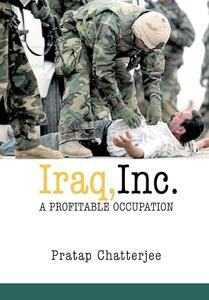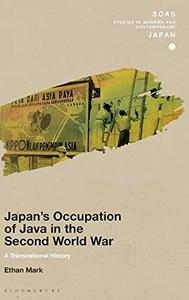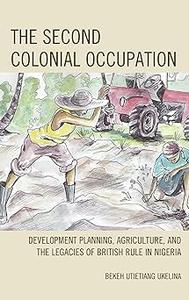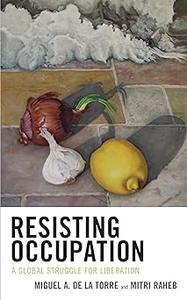 Free Download Frederick Taylor, "Exorcising Hitler: the occupation and denazification of Germany"
Free Download Frederick Taylor, "Exorcising Hitler: the occupation and denazification of Germany"
English | 2012 | pages: 480 | ISBN: 1408822121, 1596915366 | EPUB | 2,2 mb
Not since the end of the Roman Empire, almost fifteen hundred years earlier, is there a parallel, in Europe at least, to the fall of the German nation in 1945. Industrious and inventive, home over centuries to a disproportionate number of western civilization’s greatest thinkers, writers, scientists and musicians, Germany had entered the twentieth century united, prosperous, and strong, admired by almost all humanity for its remarkable achievements. During the 1930s, embittered by one lost war and then scarred by mass unemployment, Germany embraced the dark cult of National Socialism. Within less than a generation, its great cities lay in ruins and its shattered industries and cultural heritage seemed utterly beyond saving. The Germans themselves had come to be regarded as evil monsters. After six years of warfare how were the exhausted victors to handle the end of a horror that to most people seemed without precedent? In Exorcising Hitler, Frederick Taylor tells the story of Germany’s year zero and what came after. As he describes the final Allied campaign, the hunting down of the Nazi resistance, the vast displacement of peoples in central and eastern Europe, the attitudes of the conquerors, the competition between Soviet Russia and the West, the hunger and near starvation of a once proud people, the initially naive attempt at expunging Nazism from all aspects of German life and the later more pragmatic approach, we begin to understand that despite almost total destruction, a combination of conservatism, enterprise and pragmatism in relation to former Nazis enabled the economic miracle of the 1950s. And we see how it was only when the ’60s generation (the children of the Nazi era) began to question their parents with increasing violence that Germany began to awake from its ‘sleep cure’.
(more…)





